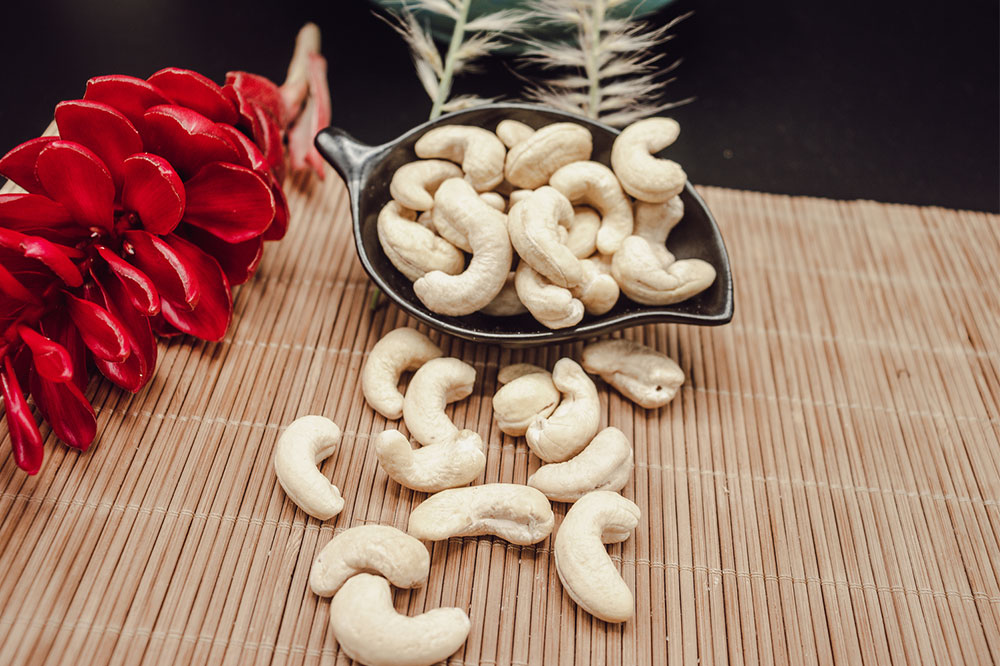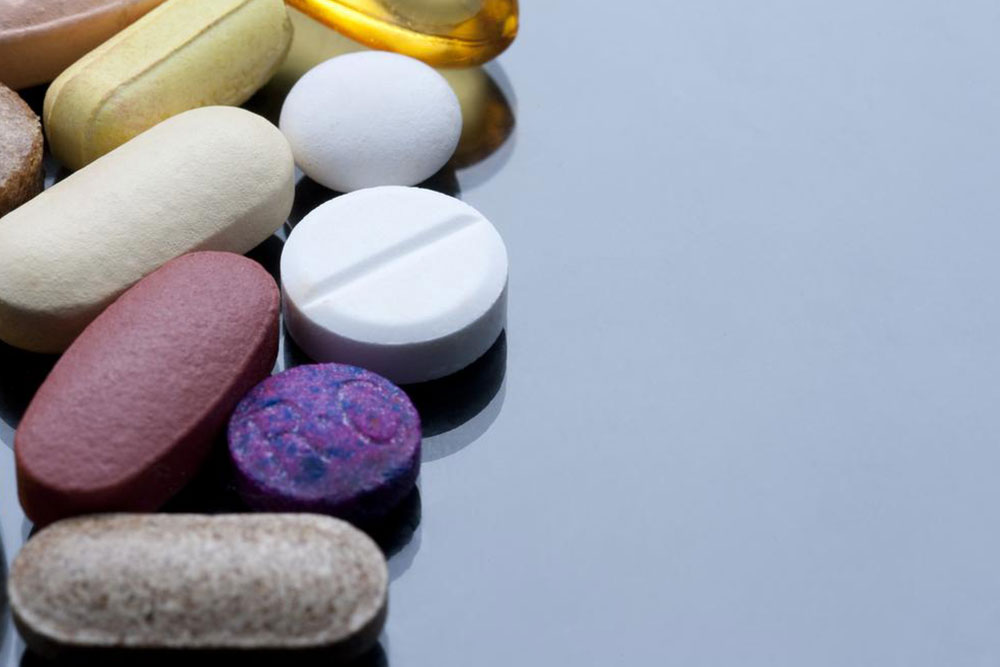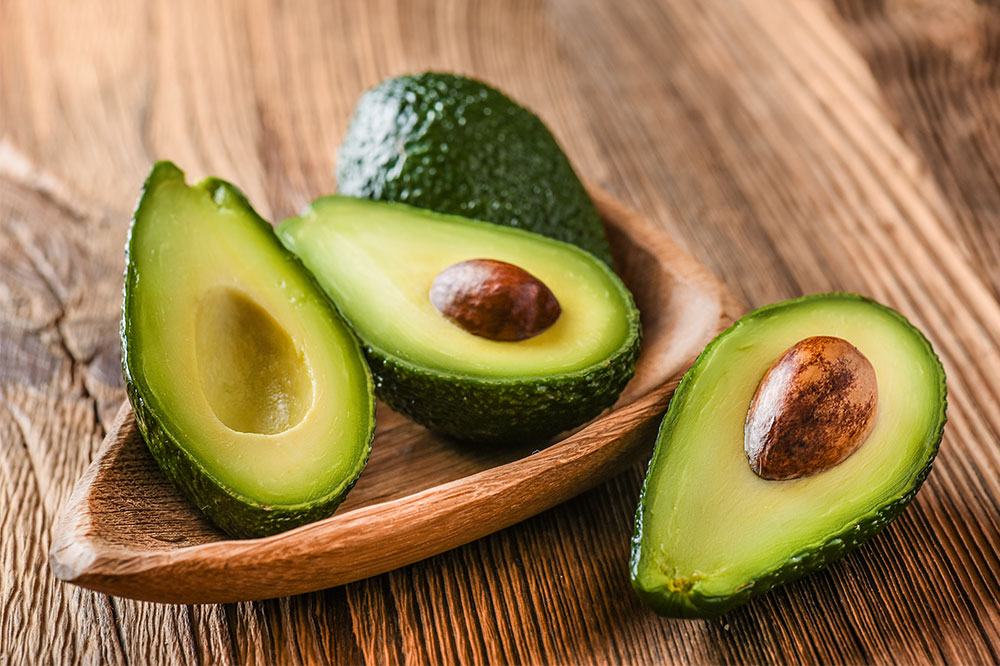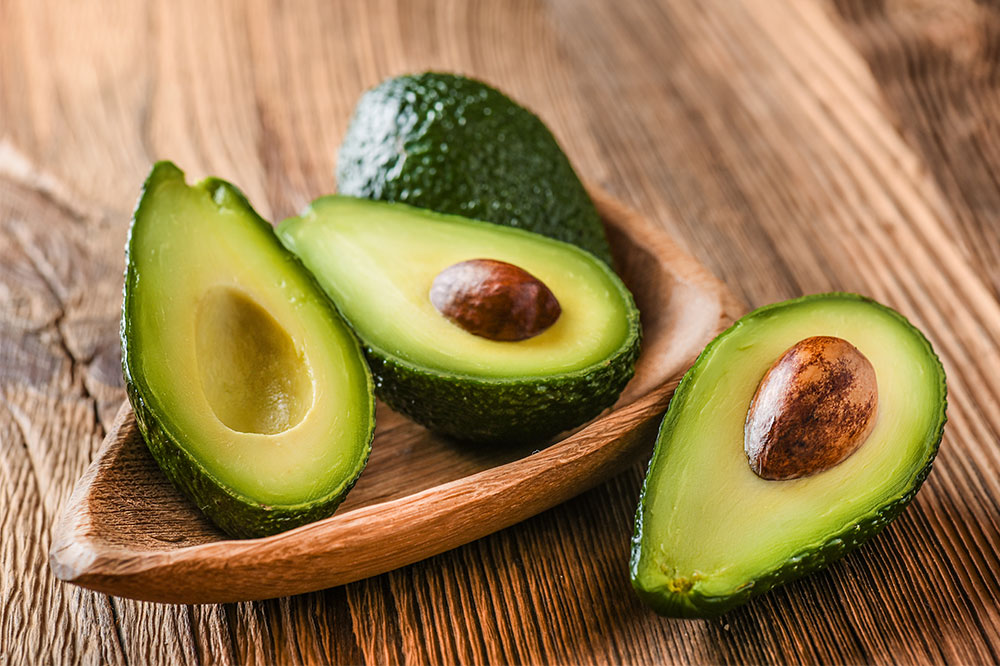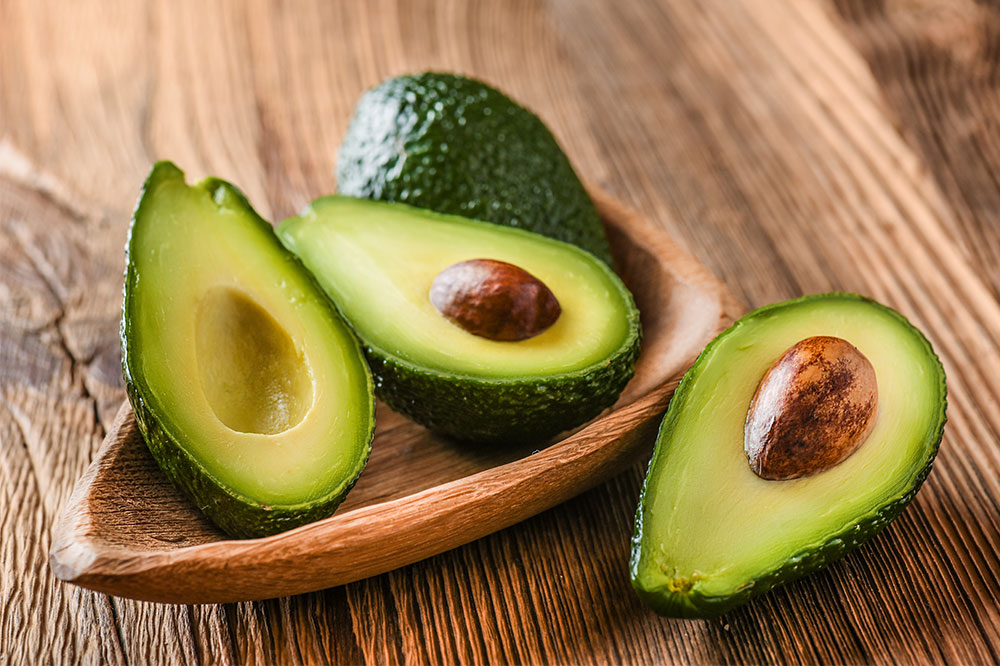Top Supplements to Support Heart Health and Improve Cardiovascular Wellness
Discover the top 10 scientifically supported supplements to bolster your heart health. From omega-3s and CoQ10 to magnesium and garlic, learn how these nutrients can reduce cardiovascular risks, improve circulation, and promote lifelong heart wellness. Always consult healthcare providers before adding new supplements to your routine.
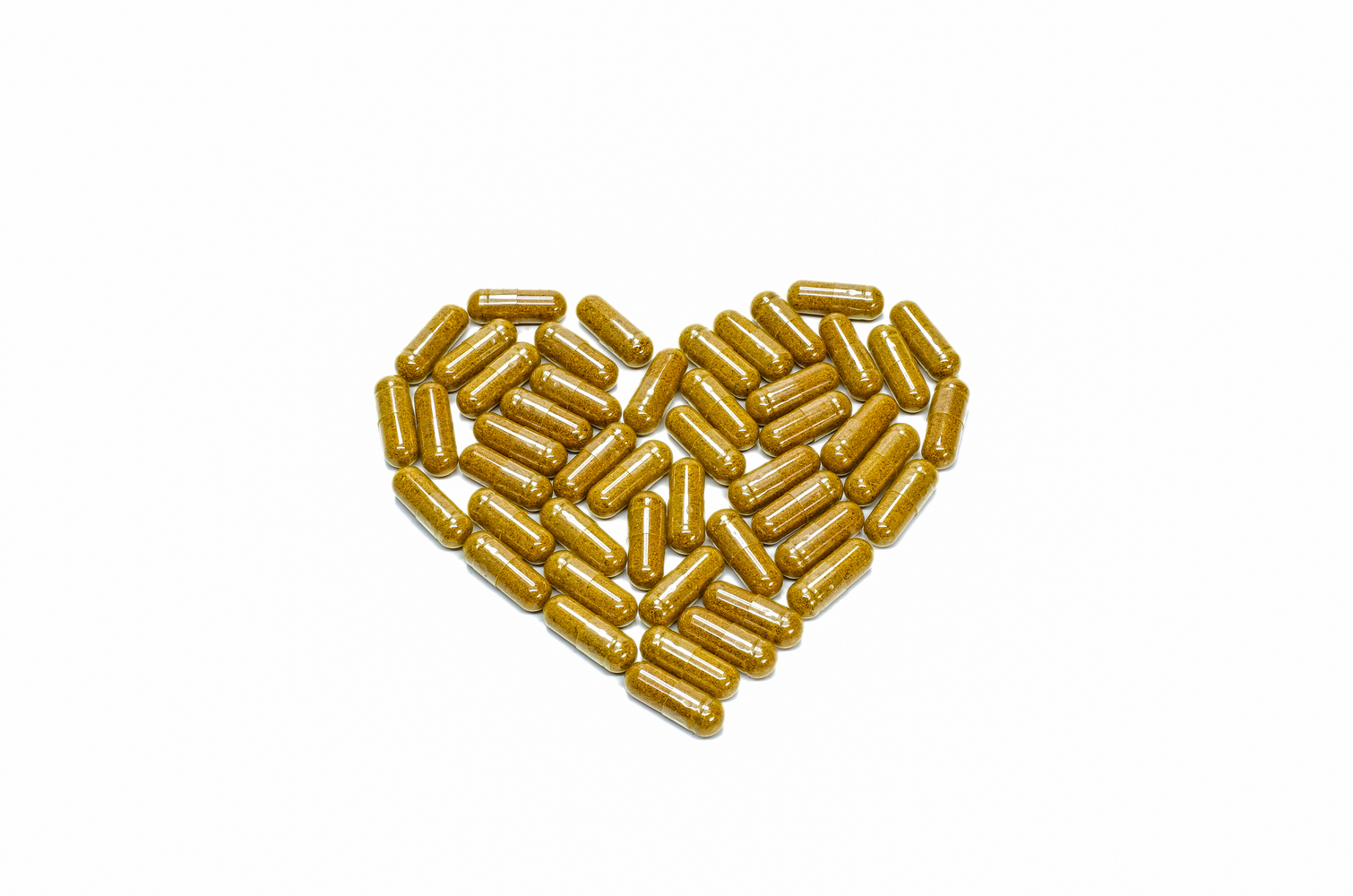
Top Supplements to Support Heart Health and Improve Cardiovascular Wellness
Maintaining a healthy heart is fundamental to overall well-being, as cardiovascular health impacts every aspect of your life. Incorporating a heart-healthy lifestyle, including balanced nutrition, regular exercise, and stress management, is essential. Beyond diet and exercise, certain dietary supplements can play a significant role in strengthening your cardiovascular system. Proper use of these supplements, under medical supervision, can offer additional support to your heart and help reduce the risk of cardiovascular diseases. In this comprehensive guide, we will explore the 10 most effective supplements known for promoting heart health and decreasing cardiovascular risks, providing you with valuable insights to make informed choices.
1. Omega-3 Fatty Acids: Essential for Heart Function
Omega-3 fatty acids are polyunsaturated fats primarily found in fish oil, which have been extensively researched for their cardioprotective effects. Regular consumption of omega-3s has been associated with lowered triglyceride levels, reduced systemic inflammation, and decreased formation of blood clots in arteries. These effects collectively help in maintaining arterial flexibility and preventing blockages that could lead to heart attacks or strokes. Omega-3s also support healthy blood pressure regulation and improve overall cardiac function.
Sources of Omega-3s include fatty fish like salmon, mackerel, sardines, and anchovies. For individuals who do not consume enough fish, high-quality fish oil supplements are an effective alternative. Always choose products that are purified to eliminate contaminants such as mercury and PCBs.
2. Coenzyme Q10 (CoQ10): Powerhouse of Cellular Energy
CoQ10 is a powerful antioxidant produced naturally in the human body, particularly within mitochondria—the energy-producing units of cells. It plays a crucial role in generating energy for cardiac muscle cells and protecting them from oxidative stress. Supplementing with CoQ10 has been shown to support mitochondrial function, reduce oxidative damage, and enhance overall heart health.
Individuals with heart failure, hypertension, or those taking statins may particularly benefit from CoQ10 supplementation, as statins can deplete the body's natural CoQ10 levels. Common sources include organ meats like liver and kidney, while supplements offer a convenient way to ensure adequate intake.
3. Magnesium: Vital for Heart Rhythm and Blood Pressure
This essential mineral is involved in over 300 enzymatic reactions in the body, including maintaining a healthy heartbeat and regulating blood pressure. Adequate magnesium levels are associated with a reduced risk of cardiovascular disease, as it helps prevent arrhythmias, arterial stiffening, and hypertension.
Rich dietary sources include leafy green vegetables, nuts, seeds, whole grains, and legumes. Magnesium supplements are also widely available and can help those with deficiency or increased cardiovascular risk. Proper magnesium intake is especially important for individuals with high blood pressure or a history of arrhythmias.
4. L-Arginine: The Nitric Oxide Booster
L-Arginine is an amino acid involved in the production of nitric oxide, a molecule that relaxes blood vessels and enhances blood flow. This vasodilatory effect helps lower blood pressure, improve vascular function, and support healthy circulation. L-Arginine has been used to aid in conditions like angina and other forms of vascular impairment.
Sources include meats, dairy products, legumes, and dietary supplements. It is particularly beneficial for individuals seeking to improve endothelial function or manage hypertension. However, high doses should be taken under medical supervision due to potential side effects.
5. Dietary Fiber: Cholesterol-Lowering and Heart-Healthy
Dietary fiber, especially soluble fiber, plays a crucial role in cardiovascular health by helping to lower low-density lipoprotein (LDL) cholesterol, stabilize blood sugar levels, and promote a healthy weight. Consuming sufficient fiber can significantly decrease the risk of developing atherosclerosis and other heart conditions.
Common sources of dietary fiber include oats, barley, fruits such as apples and berries, vegetables, beans, lentils, and fiber supplements like psyllium husk. Incorporating high-fiber foods into your daily diet is a widely recommended strategy for heart disease prevention.
6. Vitamin D: Supporting Heart and Vascular Function
Emerging research suggests that maintaining optimal vitamin D levels is associated with a lower risk of cardiovascular diseases. Vitamin D helps regulate blood pressure, reduce inflammation, and improve overall endothelial function. Deficiency in vitamin D has been linked to increased incidence of hypertension and coronary artery disease.
Sources include sun exposure, fortified dairy products, fatty fish such as salmon and mackerel, eggs, and supplements. Regularly checking vitamin D levels and supplementing as needed can support cardiovascular health, especially in regions with limited sunlight.
7. Green Tea Extract: Rich in Antioxidants
Green tea extract is abundant in catechins, a type of antioxidant that supports heart health by reducing LDL cholesterol levels, lowering blood pressure, and improving the function of blood vessel linings (endothelium). Its anti-inflammatory properties contribute to the prevention of atherosclerosis and other cardiovascular conditions.
Green tea beverages and concentrated supplements are popular sources. Consuming green tea regularly can be a simple, natural way to enhance cardiac health and protect against oxidative stress.
8. Potassium: Regulator of Blood Pressure and Heartbeat
This essential mineral plays a key role in maintaining fluid and electrolyte balance, which directly influences heartbeat regulation and blood pressure stability. Adequate potassium intake helps reduce hypertension and lowers the risk of stroke.
Foods rich in potassium include bananas, sweet potatoes, spinach, tomatoes, oranges, and other fruits and vegetables. Potassium supplements may be recommended for those with deficiencies, but excess intake should be avoided to prevent hyperkalemia.
9. Garlic: Natural Heart Protector
Garlic is renowned for its medicinal properties, thanks to active compounds like allicin. Consuming garlic can help reduce total cholesterol, lower blood pressure, and inhibit blood clot formation, all of which contribute to improved heart health.
Methods of intake include raw garlic, cooked dishes, or garlic supplements. Regular garlic consumption as part of a balanced diet is associated with reduced cardiovascular risk.
10. Folic Acid (Vitamin B9): Vascular Health Supporter
Folic acid plays a critical role in metabolizing homocysteine, an amino acid linked to increased cardiovascular risk when elevated. Ensuring sufficient folic acid intake helps maintain healthy homocysteine levels, thus supporting vascular integrity and reducing the likelihood of arterial damage.
Sources include leafy greens, citrus fruits, beans, and fortified grains. Folic acid supplements can be particularly beneficial for individuals with increased risk or dietary deficiencies.
While supplements can significantly contribute to your heart health, they should complement a comprehensive approach that includes a balanced diet, regular physical activity, smoking cessation, and medical management when necessary. Consult with healthcare professionals before starting any new supplement regimen to ensure safety and appropriateness for your individual health profile. Prioritizing a holistic lifestyle approach offers the best chance for lifelong heart health and overall well-being.
